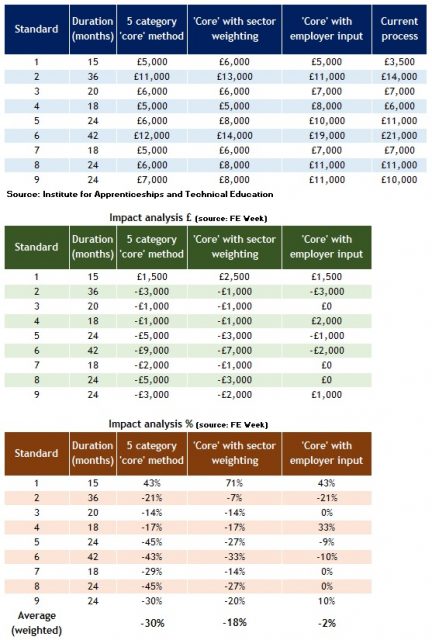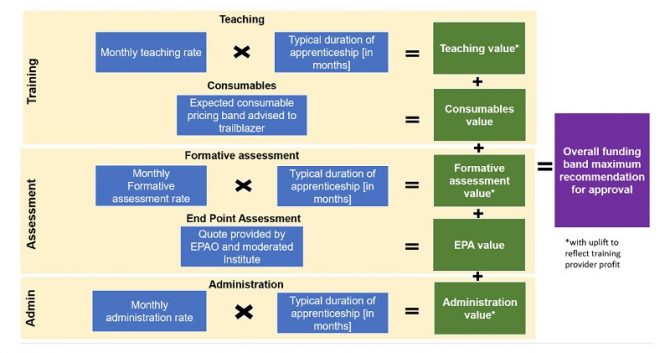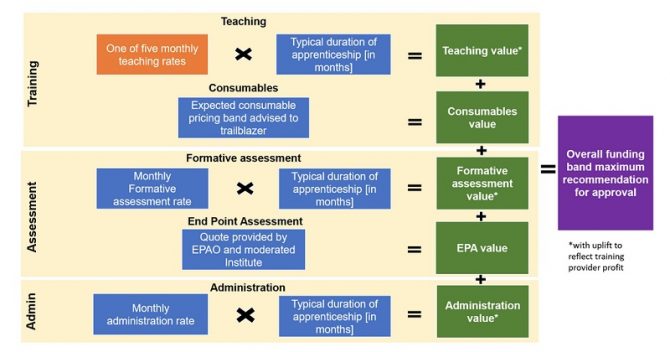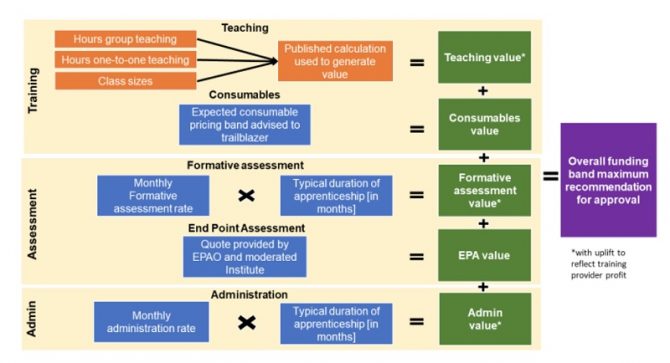Since 2010 there has been a 16 per cent cut in funding for sixth-form colleges. Here, Andy Stone spells out what that has meant in day-to-day experience for teachers and students alike.
This Thursday morning I’ll be on a picket line – my fifth this academic year. After what will probably be another cold and wet morning, my colleagues and I will head to Westminster to rally and lobby our MPs, along with members from 33 other colleges.
Why are we cancelling our classes when we claim to care about our students? It’s precisely because we care about our students that we can’t allow the continued erosion of their educational provision.
The squeeze on special educational needs provision is perhaps the most shameful
I started working in the sixth-form sector in 2010, just as the era of austerity began, so I have seen first-hand the way it has vandalised our students’ opportunities.
In the decade since then, funding for sixth-form colleges was cut by approximately 16 per cent in real terms – even more than the cuts that schools have suffered.
But what does that percentage translate to in lived experience?
For many colleges, it has contributed to a shrinking staff, resulting in larger class sizes – sometimes beyond the capacity of classrooms to house them. The range of subjects offered has been reduced, with languages and arts subjects frequently the main victims; this is compounded by the difficulties of running extra-curricular activities since the Coalition Government cut funding for enrichment by 75 per cent. Before then, some colleges could provide each student with a timetabled enrichment period, and each teacher a timetabled session to deliver. From languages to chess, meditation to basketball, students gained new skills with often noticeable benefits to their mental wellbeing. Now, the workload pressures for them and for their teachers are harder to escape. Yet apparently Ofsted will nevertheless now be asking lots of searching questions about this provision in their “deep dives”.
Students also used to receive an Educational Maintenance Allowance of up to £30 per week. Mention this to many now and they will find it almost as incredible as tales of the halcyon time before tuition fees. The EMA meant that fewer students needed to work unsustainably long hours in paid work, and attendance was visibly improved.
Support staff have been some of the biggest victims, with roles cut and merged and library hours and staffing reduced, in a period when 773 public libraries nationally have also closed. I used to be able to order books for the library for wider student reading; now, I mostly buy them second-hand myself and donate them to the department.
Department budgets have also shrunk, so there is less external professional development, fewer trips, and the resources that you save to the Cloud will be printed at the students’ expense, or not at all.
The squeeze on special educational needs provision is perhaps the most shameful aspect of this educational austerity. Why should a 16-year-old with dyslexia today not receive the same support they would have ten years ago? Why has the bureaucratic burden on accessing student support multiplied while the support available has shrunk?
All of the above adds to a picture of mounting workload for the remaining staff. Like many colleagues, I have become “part-time” so I can fulfil my role and still have family time at the weekend. But part-time effectively means catching up on planning and marking on my “day off”, so really I have taken a 20 per cent pay cut. When you add this to the picture of continual pay erosion, including awards below that of schoolteachers in the past two years, it is no surprise that many young teachers have no prospect of getting out of poor-quality rental housing. And the turnover of staff will continue unless the government invests.
They will say that they have done so, but the extra money announced before the election is too little, too late. It will vary according to course provision, but most colleges will only claw back about one-third of the rate cut made since 2010. Uncertainty about employer pension costs beyond next year also clouds the picture.
Colleges need to be valued and nurtured so that our students can be valued and nurtured. And we will keep banging this drum until the message gets through.







